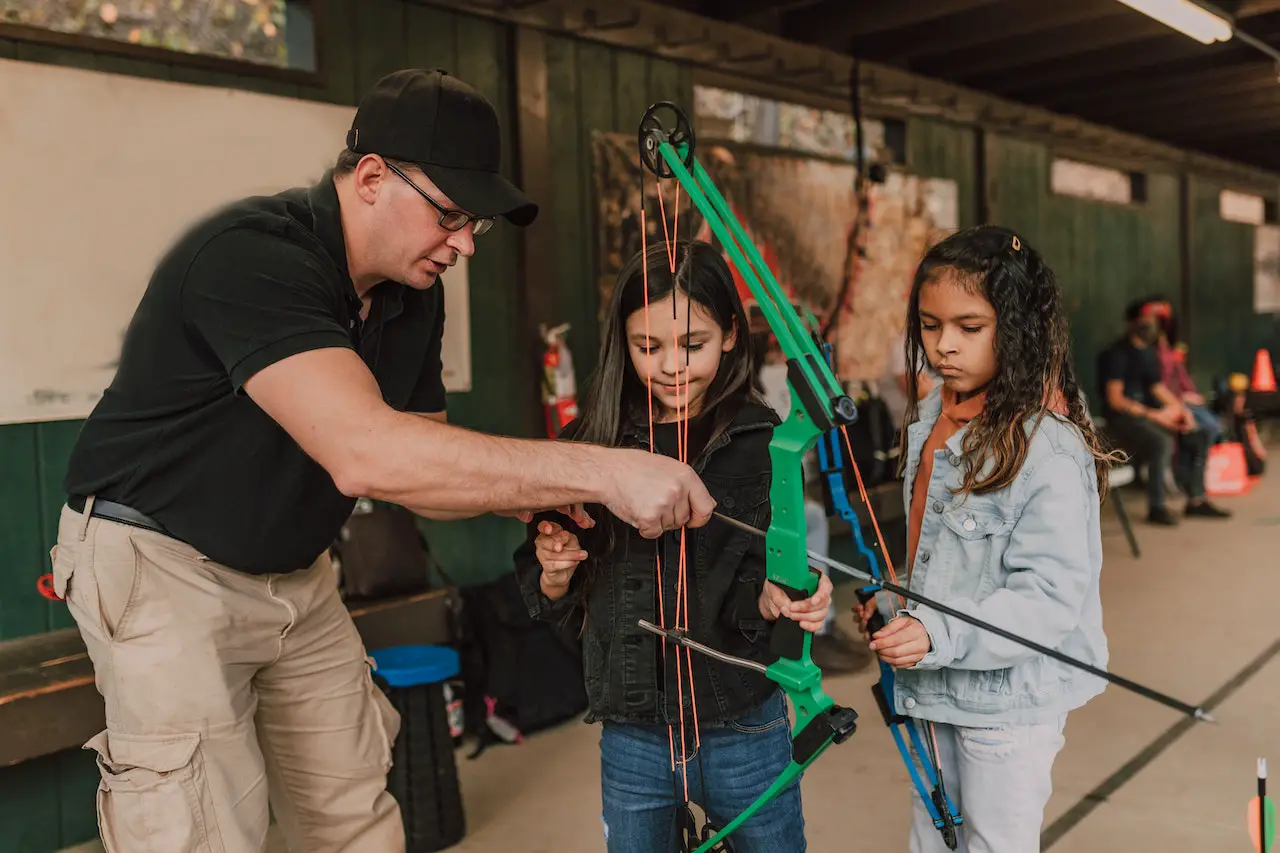
It’s easy to tell when children feel positive about themselves and when they don’t. Feeling safe and loved is a crucial component of self-esteem. There are a variety of approaches to boosting children’s self-esteem, starting with assisting them in developing their worldly competence.
A study by the University of Virginia revealed that children who started performing tasks in preschool had better connections with their peers, higher academic results, and became more competent by the time they reached grade 3.
The best ways of training your child to be confident and independent include motivating them to follow their passions, letting them take calculated risks, and praising them whenever necessary. Children who are confident in themselves are more willing to attempt new things. They handle mistakes better and keep trying until they get it right.
In this article, we will unravel the best techniques to train your child to be confident and independent as you prepare them to face life. Read on.
How to Build Self-confidence in a Child
Here are some ways of fostering confidence and independence in your child.
Allow Your Kids to Take Safe Risks
Restrain yourself while your youngster takes calculated risks. Children must take chances, make decisions, and accept responsibility for their actions to develop confidence in the world.
Let Them Try Things on Their Own
Have you ever observed how early childhood educators patiently allow kids to figure out challenging activities independently? Try to learn from them and give your child the space and time they require to figure out how to do some things. For instance, you can let them struggle to tie their shoelaces. They will become more autonomous as they gain greater self-reliance.
Motivate Them to Go After Their Passions
Encourage youngsters to take on things they express interest in, then watch to see if they push through to completion. This is another solid approach to increasing kids’ self-confidence. Ensure they finish anything they start, whether a video game or a swimming session. The idea is for them to finish what they start, giving them a sense of success.
Praise Your Kids But Use Discretion
It’s alright to compliment your child to show them you’re proud. However, you should limit your praise. Unearned compliments come out as fake. For instance, it wouldn’t sound right to tell your child they performed well when they know they didn’t. Better would be to remark, “I recognize it wasn’t your best performance, but everyone has bad days.”
Don’t limit praises to fixed attributes or just results. Instead, compliment your child’s efforts, attitude, and progress. For example, you can say, “you’re making great improvements with language.” Children put forth the effort, work toward objectives, and try when they receive this kind of praise.
Avoid Harsh Criticism
Children’s self-perceptions are quickly influenced by the messages they receive about themselves from others. Children’s self-esteem is damaged when they hear negative messages about themselves. You should correct children patiently. Be clear about what you expect them to do going forward. Show them how when necessary.
Signs of a Confident Child
The following signs show your child is confident enough to hold their own.
Honesty
One of the most distinctive traits of confident children is truthfulness. The self-assured kids would rather live happy lives than turn to destructive or forbidden behavior. As a result, they have no motivation to tell lies. Even when they have made mistakes, they are always honest.
Sensibility
Self-assured children have a rational opinion about everything they experience. Unlike many children, they do not simply argue until they make their point. Their advice is well-reasoned and mature, never coming off as arrogant.
Excellent at What They Do
If your child is confident, you must have noticed how good they are at something. They don’t feel the urge to brag or demonstrate their capabilities.
Charisma
Confident children have a certain charming and alluring quality; others are drawn to them because they exude confidence. Their charisma affects family, friends, and teachers.
Independence in Decision-making
A confident child can feel autonomous enough to act without contacting their parents. It’s a trait that can help your child discern good from bad later in life if you train them properly.
Cheerfulness
Seldom do confident people experience depression. They remain joyful, and their joy spreads to others. By being upbeat, they radiate joy.
Activities That Build Self-Esteem in a Child
The following activities can boost your child’s self-esteem, build their confidence and prompt them to challenge themselves.
Try Out a Recipe
Encourage your kid to view errors as chances for learning rather than failures. For instance, you can ask your child to make a pancake recipe. Ask them to name the ingredients and amounts of each item.
Maintain a close watch to ensure they don’t add something harmful, but refrain from getting in the way. Let your child experiment, even if they add something unusual. When they are through, gently show them what could have been done differently. Then let your kid alter the recipe and give it another go.
Serve a Light Snack
Give your child a multi-task challenge to help them build their cognitive skills. Ask them to prepare and serve a light snack. Doing this encourages the child to think about various things at once. This activity promotes multi-step planning and assures the participants that they can resolve an undefined problem.
Pack a Suitcase
Encourage your youngster to experience independence to instill confidence in them. Ask them to pack their suitcase for the next family vacation before you leave. Once they’ve finished packing, inspect the bag and ask them if there are any items they need to include. It’s one of the best child self-esteem activities.
Teach Others
Children can increase their self-assurance and confidence by teaching others their newly-acquired skills. Give your kid a chance to enjoy themselves by teaching their pals a new activity.
Conclusion
Your child will feel more confident to handle life’s challenges when they believe they can overcome setbacks. Finding opportunities to push your child and then letting them figure things out independently are the keys to fostering confidence in their skills.
Encourage your kids to recognize their strengths and unique talents, and attributes. Teach children, however, that being unique does not equate to being superior to others.






